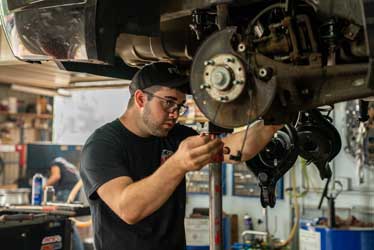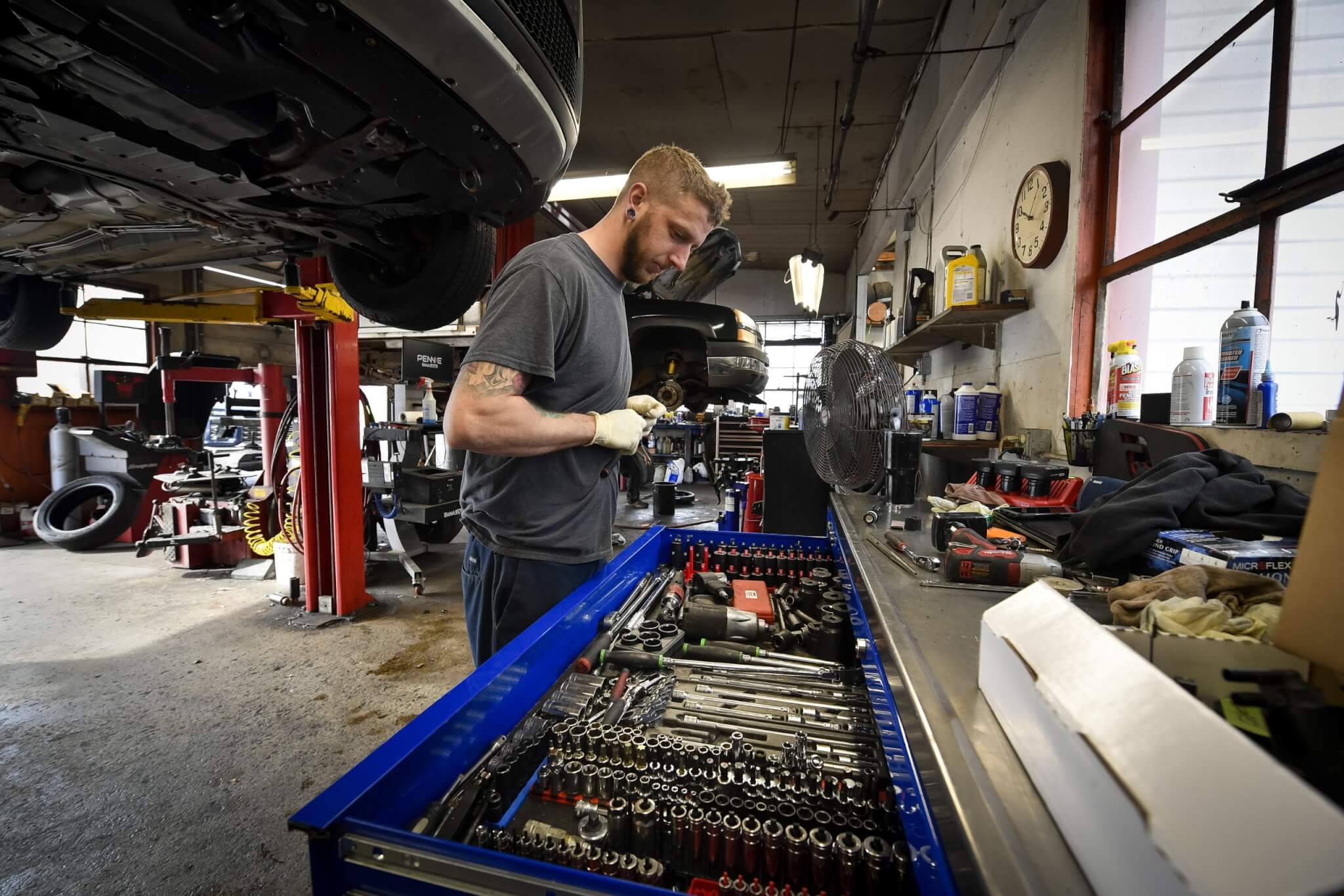Featured
A well-maintained engine is the key to your car's durability and height efficiency. Routine engine tune-ups not only improve gas efficiency yet likewise lower the possibility of unforeseen breakdowns. Whether you're an auto lover or someone who just wishes to stay clear of pricey repair work, these engine tune-up tips will certainly keep your vehicle running like a dream.

- Change the Glow Plugs. The ignition system fire up the air-fuel mixture in your engine, and their effectiveness directly influences engine performance. With time, stimulate plugs can wear, bring about misfires, minimized gas economic climate, and slow velocity.
Throughout a tune-up, check and replace trigger plugs if they reveal indications of wear, such as soot buildup, corrosion, or fractures. Depending upon your lorry, ignition system may require to be changed every 30,000 to 100,000 miles.
- Inspect the Ignition System. Your cars and truck's ignition system, which consists of the ignition coils, supplier, and wires (if applicable), is in charge of supplying the trigger that powers your engine. Damaged ignition parts can create beginning problems and rough engine operation.
Check for damaged or used parts and change them during your tune-up. Making certain a healthy and balanced ignition system will improve engine reliability and performance.
- Clean or Replace the Air Filter. A tidy air filter enables your engine to "take a breath" appropriately by making sure a stable circulation of tidy air. Gradually, dust and debris can block the filter, minimizing air flow and impacting gas performance.
Inspect the air filter during a tune-up and replace it if it's filthy. For chauffeurs in dusty or polluted areas, air filters might require to be altered extra frequently.
- Evaluate and Tidy the Gas System. The gas system, including the fuel injectors, fuel pump, and gas lines, can gather deposits gradually, lowering fuel distribution and engine performance. Utilize a gas injector cleaner or have your system properly cleaned during a tune-up to bring back correct performance.
On a regular basis maintaining your fuel system ensures much better combustion and maximizes your engine's performance.

- Modification the Engine Oil and Oil Filter. Engine oil is essential for lubrication, cooling, and lowering friction between moving components. Over time, oil degrades and gathers debris, shedding its effectiveness.
Throughout a tune-up, change the engine oil and oil filter. Adhering to the maker's referrals for oil kind and change periods is important to keeping your engine in ideal condition.
- Examine the Belts and Hoses. The belts and pipes in your engine area play vital duties in powering components like the generator, water pump, and cooling system. Deterioration with time can lead to cracks, fraying, or leaks.
Check the condition of belts and tubes throughout your tune-up and replace any that show indicators of damage. Proactively addressing these problems can avoid pricey repair work and unexpected break downs.
- Test the Battery and Electric System. A weak or stopping working battery can leave you stranded. During your tune-up, examination the battery's voltage, evaluate the terminals for rust, and make sure the connections are limited.
Additionally, have the alternator and starter checked to ensure they're operating effectively. Addressing electric system concerns early can conserve you from bothersome surprises.
- Check the Air Conditioning System. The air conditioning system stops your engine from overheating, which can trigger serious damages. During a tune-up, check the radiator, pipes, and water pump for leakages or wear.
Flush and replace the coolant if it's unclean or has surpassed its advisable service life. Proper air conditioning system maintenance aids your engine operate within its ideal temperature level range.
- Address Dashboard Caution Lighting. Modern automobiles are geared up with sophisticated analysis systems that illuminate warning lights when problems arise. If your dashboard presents any kind of cautioning lights, such as the check engine light, resolve them throughout the tune-up.
A specialist mechanic can make use of diagnostic tools to recognize and repair the issue, protecting against little problems from rising.
- Keep Your Engine Clean. A tidy engine runs cooler and is much easier to check for potential concerns. Eliminate dirt, oil, and gunk from your engine bay during a tune-up. Make use of a degreaser and a gentle brush for cleaning, and avoid splashing water straight on electrical components.
Final Thought: Tune-Ups Are the Key to Engine Longevity. Routine engine tune-ups are an investment in your car's health and wellness, efficiency, and performance. By changing worn components, cleansing essential systems, and attending to problems early, you'll guarantee your vehicle continues to be reliable for years to come. Whether you're dealing with the tune-up yourself or taking your cars and truck to a trusted auto mechanic, following these pointers will keep your engine going for its ideal and help you stay clear of unanticipated repair services. A well-kept engine doesn't just conserve you money-- it assures tranquility of mind when traveling.
Latest Posts
Unlock WyHy FCU – Top Benefits for Your Money Goals
Don’t Miss Limited-Time Auto Repair Offers in Chicago at Montclare Auto Repair
Find Out Cut Costs on Car Maintenance with Montclare Auto Repair’s Special Deals
More
Latest Posts
Unlock WyHy FCU – Top Benefits for Your Money Goals
Don’t Miss Limited-Time Auto Repair Offers in Chicago at Montclare Auto Repair
Find Out Cut Costs on Car Maintenance with Montclare Auto Repair’s Special Deals